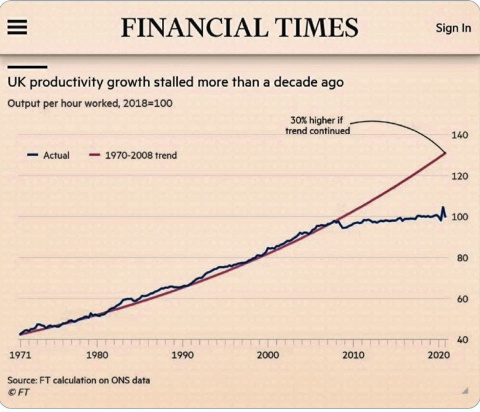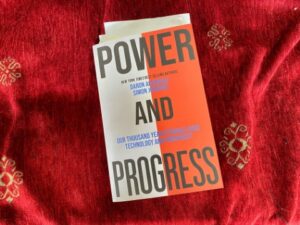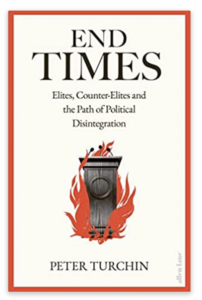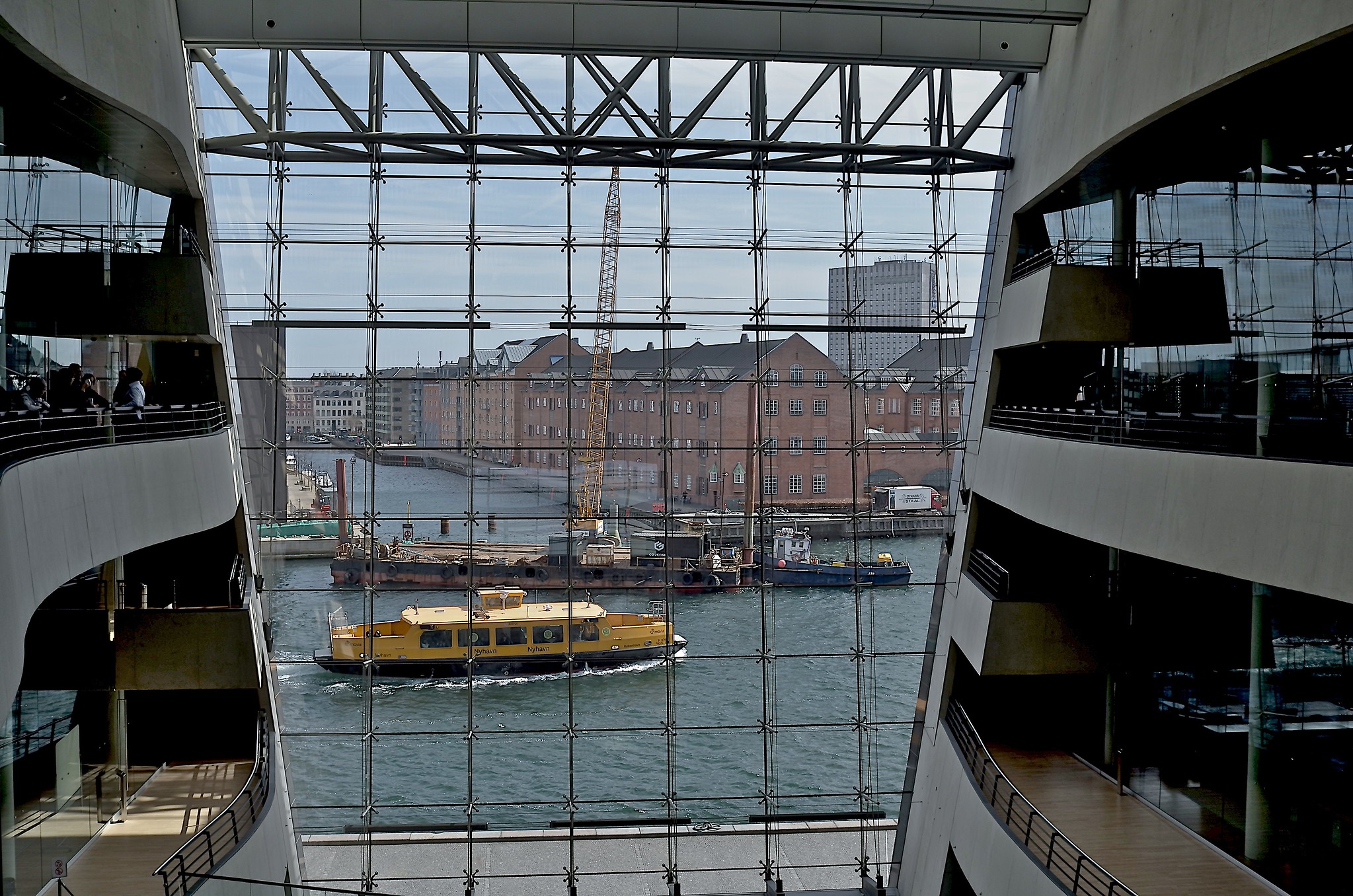Agribusiness 2.0
A beet factory in Norfolk.
Quote of the Day
“Modern man lives under the illusion that he knows what he wants, while he actually wants what he is supposed to want.”
- Erich Fromm
Geoffrey Vickers, the wisest man I ever knew, once said to me that “the hardest thing in life is to know what to want. Most people never figure it out and wind up pretending that they wanted what they could get.”
Musical alternative to the morning’s radio news
Diana Krall | Just The Way You Are
Long Read of the Day
On Generative AI and Satisficing
Useful insights from Dave Karpf.
I’ve been thinking recently about how generative AI tools might fit into our lives. The best framework I can come up with revolves around Herbert Simon’s concept of “satisficing.”
Satisfice is a portmaneau of “satisfy” and “suffice.” Simon won the 1978 Nobel Prize in Economics for his work on the topic. He disputed the then-common assumption that people approximately behaved like perfect economically-rational agents, gathering unlimited information to make optimal decisions. In fact, as he showed that doing so would be irrational, because of the opportunity cost of limitless information-gathering.
In layman’s terms, we satisfice by (1) figuring out what conditions must be met/ what information must be gained in order to reach a good enough (satisfactory) decision, (2) researching until we reach that threshold, and then (3) settling on what you have found. Simon argued that this type of bounded rationality was a better model of actual human decision-making than the rational actor models that the economists of his day trafficked in.
Satisficing can seem identical to laziness. When I plan a vacation or purchase a new appliance, I resist the urge to spend countless hours researching the perfect hotel or trying to find the perfect dishwasher. I do enough research to find an option that suits my needs, then I stop looking. For example, I bought a grill a couple years ago. I looked on Wirecutter. I decided which of their recommendations most fit my needs (gas or charcoal? Do I need a smart grill? How big?). I checked one other website to see if the recommendations lined up. And then I confirmed it was available at the nearby hardware store.Done. It is possible that a few hours of research would’ve yielded a better grill or a slightly cheaper grill. But not so much better or cheaper as to be worth the effort. Boom. Satisficed…
Read on to find what he does with this idea. It’s really interesting.
Books, etc.
William Harris has a perceptive review essay in Jacobin on Ian Penman’s Fassbinder Thousands of Mirrors, a kaleidoscopic study of the late West German filmmaker.
If you read NME in its heyday, this is for you.
The late ’70s and early ’80s blew new winds into the music press. Punk gave way to post-punk; regional styles proliferated, often outside the mainstream gaze; and a renewed sense of oppositional political commitment suffused the air, as Labour Party socialists took over London’s municipal government while Margaret Thatcher rose to power on the national stage.
The NME, the magazine that invented the weekly pop charts, transformed itself into a magazine of regional dispatches on the DIY scenes in Manchester and Belfast, attacks against apartheid and Thatcher, and long-form essays on pop culture that sought not just to apply poststructuralist theory to pop music and movies, but to see pop music and movies as themselves coursing with ideas and novel ways of seeing.
Notoriously, these theory-minded pop reviews were authored by two writers, Ian Penman and Paul Morley, though in the years following they would spawn many imitators, both at NME and in other music magazines like Melody Maker…
My commonplace booklet
The Lord of the Rings by Wes Anderson
Don’t forget to un-mute the video.
This Blog is also available as a daily email. If you think that might suit you better, why not subscribe? One email a day, Monday through Friday, delivered to your inbox. It’s free, and you can always unsubscribe if you conclude your inbox is full enough already!

















